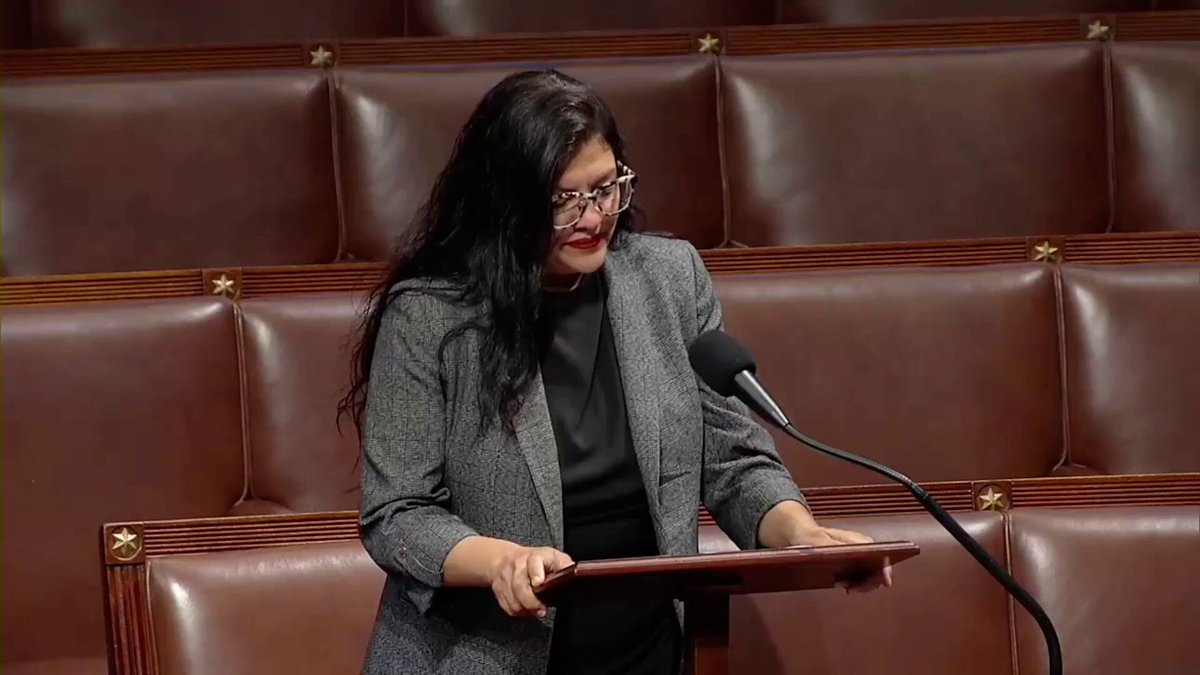The statement addresses a significant public issue—gun violence and its impact on children and teens. It criticizes a political party and its leadership for inaction on this issue, which makes it a part of public discourse.
- The statement does not directly cause harm but uses strong language ('shameful') to criticize inaction, which could be seen as harsh but not necessarily harmful.Principle 1:I will strive to do no harm with my words and actions.
- The statement does not engage in cyberbullying, harassment, or hate speech. It criticizes a political party's actions (or lack thereof) rather than targeting individuals with personal attacks. [+1]Principle 2:I will respect the privacy and dignity of others and will not engage in cyberbullying, harassment, or hate speech.
- The statement aims to raise awareness about gun violence, which could promote understanding and empathy for the victims, although it does not explicitly promote compassion. [+1]Principle 3:I will use my words and actions to promote understanding, empathy, and compassion.
- The statement does not engage in constructive criticism or dialogue; it is accusatory and does not offer solutions or invite discussion. [-1]Principle 4:I will engage in constructive criticism and dialogue with those in disagreement and will not engage in personal attacks or ad hominem arguments.
- The statement uses the platform to highlight a critical societal issue, aiming to influence public opinion and potentially policy. [+2]Principle 6:I will use my influence for the betterment of society.
- The statement exercises free speech responsibly by addressing a public concern, though it could be more balanced in its critique. [+1]Principle 7:I will uphold the principles of free speech and use my platform responsibly and with integrity.
